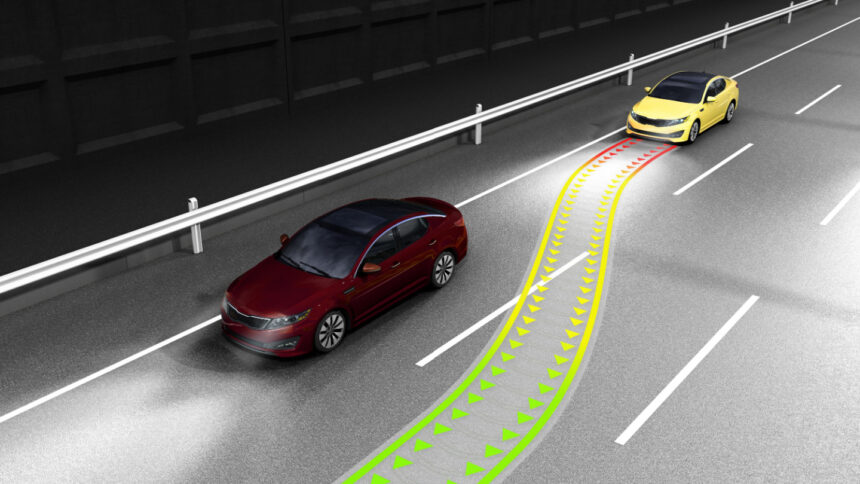Artificial Intelligence (AI) is revolutionizing the automotive industry with its wide range of applications, from in-cabin monitoring systems to lane and object detection while driving. However, the implementation of AI technology in vehicles comes with its own set of challenges, particularly during the production process. The complexity of machine learning algorithms requires engineers to constantly address challenges and resolve errors.
To assist the automotive industry in navigating these challenges, Voxel51, a team of machine learning and computer vision experts, offers a solution called ‘FiftyOne.’ This platform enables users to build production-ready visual AI applications easily, efficiently, and at scale. We had the opportunity to speak with Brian Moore, CEO, and Jason Corso, Chief Science Officer of Voxel51, to delve deeper into the benefits and challenges of integrating AI solutions in the automotive sector.
Voxel51, a company that originated from research at the University of Michigan, focuses on advancing visual AI technology across various industries, including automotive. They collaborate with OEMs in Detroit, the US, Germany, Japan, and other locations to support the development of exterior and in-cabin AI systems for vehicles. As automakers increasingly transition into software companies, the demand for sophisticated AI systems to enhance safety and reliability in vehicles has grown significantly.
In terms of imminent advancements in Advanced Driver Assistance Systems (ADAS), features like lane keeping, adaptive cruise control, and in-cabin monitoring are already in the market and undergoing continuous improvement. Future developments may include automating tasks such as parking assistance, hazard warnings, and driver recognition to enhance safety and reduce risks on the road.
However, challenges persist in deploying AI systems that can handle the vast variability and complexity of real-world driving scenarios. Ensuring safety and reliability in AI-powered vehicles requires expertise, time, testing, and substantial investment to cover all potential edge cases and anomalies effectively.
Looking ahead, the future of AI in the automotive industry holds promise for enhancing safety, reliability, and overall driving experience. Automakers are making strategic investments in AI technology to gather data, address challenges, and achieve high levels of reliability in their vehicles. While machines and algorithms play a crucial role, human involvement in data accuracy and bias mitigation remains essential in the development of next-generation automotive technology.
In conclusion, the integration of AI in vehicles represents a significant advancement in the automotive sector, with the potential to revolutionize safety, efficiency, and the overall driving experience. By addressing challenges, leveraging innovative solutions, and prioritizing safety, the automotive industry is poised for a future where AI technology plays a central role in shaping the vehicles of tomorrow.





